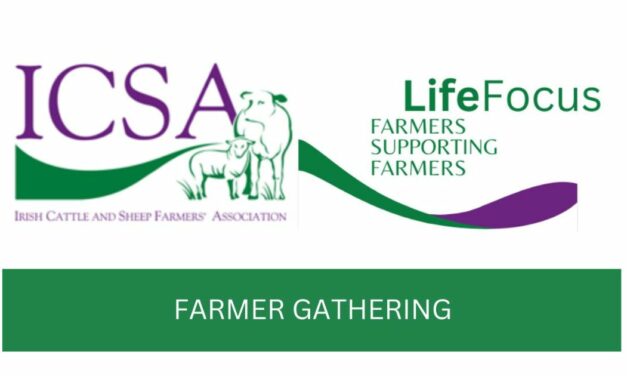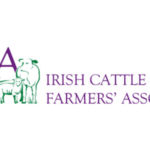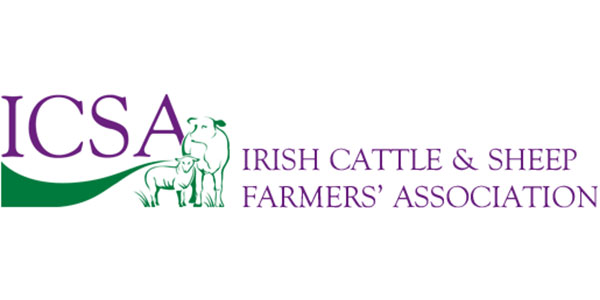ICSA Tillage chair Gavin Carberry has called on the government to deliver a scheme for tillage farmers to grow catch crops after this year’s harvest. “A similar scheme was run in 2018 whereby tillage farmers were incentivised to produce additional feed during the autumn months. It is vital that we start preparing now for the winter ahead and given the concerns around the cost and availability of meal such an incentive would encourage tillage farmers to actively engage in the fodder market,” he said.
ICSA is proposing an incentive of €250/ha for tillage farmers who grow a temporary crop of short rotation grasses for fodder production over the winter months and €200/ha for those who grow catch crops – capped at 50 hectares for each.
Continuing Mr Carberry said, “This initiative could provide significant additional fodder for the livestock sector at a time when the affordability and availability of meal for the winter months is so uncertain. We need to actively encourage more partnerships between the tillage and livestock sectors. Tillage farmers can partner up with either drystock or dairy farmers to provide fast growing forage like Westerwolds or Italian ryegrass, as well as catch crops such as fodder rape and stubble turnips – all of which would be invaluable to livestock farmers come the winter.”
“For livestock farmers such partnerships provide opportunities to plan for winter feeding in the knowledge that feed supplies will be available and be available at a reasonable cost.”
Mr Carberry said time is of the essence and the sooner such a scheme could be announced the better. “To give merchants the opportunity to ensure seed availability and for farmers to set up partnerships we need to act now. Potentially we are staring at a massive fodder crisis later in the year, the impact of which would be catastrophic. It is clear the various farming sectors must work in tandem if we are to meet the challenges ahead. A practical solution like this gives us the best chance to cope with all the uncertainty around, and to prepare for further instability in global feed and fuel markets.”
“It is also essential that flexibility be afforded to GLAS participants in order to maximise the potential of the scheme.”
ENDS







